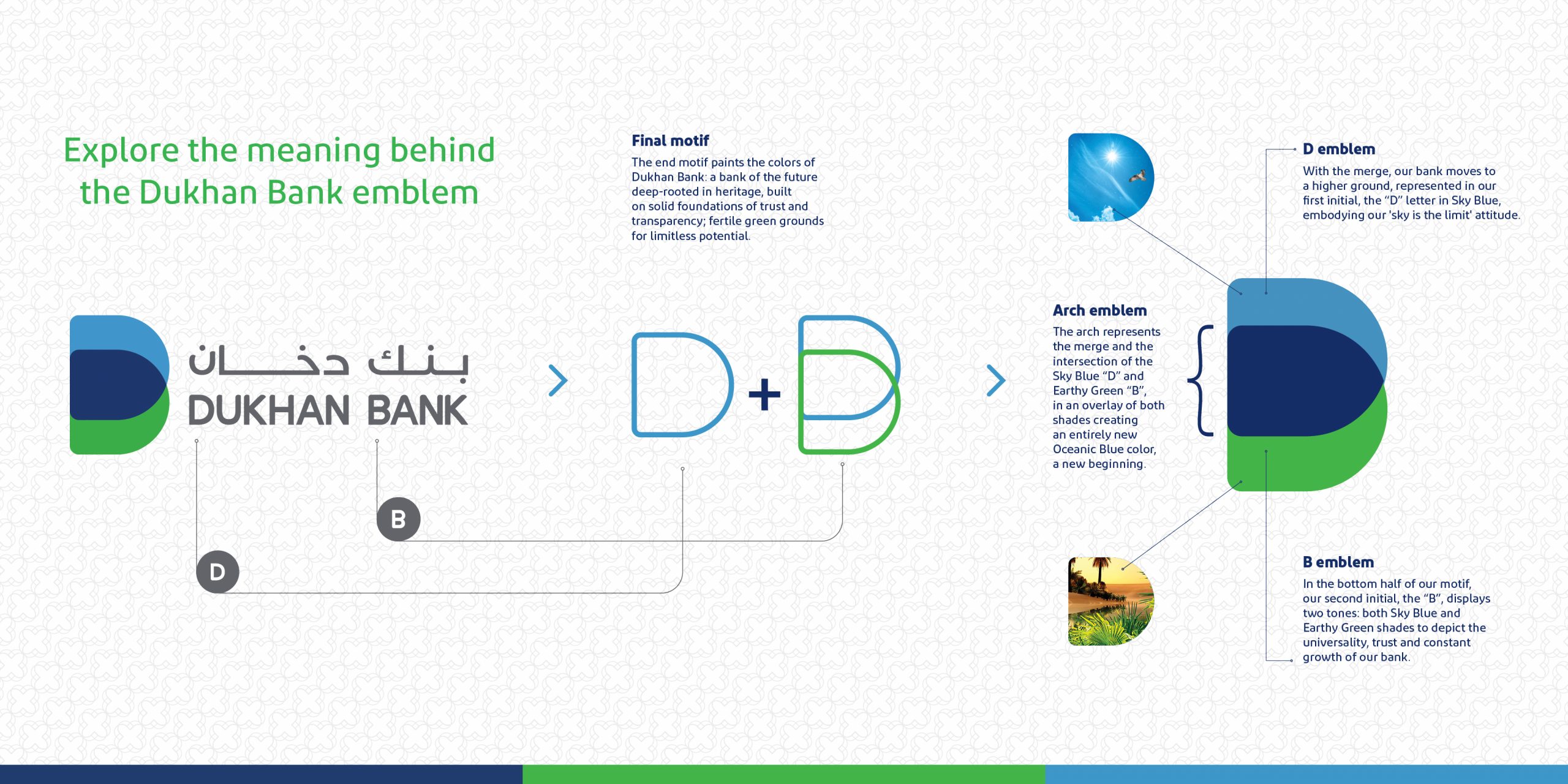It is not surprising that Herman Narula thinks video games are important. He is, after all, cofounder and CEO of Improbable, a London-based company that has created a distributed, cloud-based computing platform for game development.
But are video games the most important technology of our time? The entrepreneur made his case in a TED Talk delivered earlier this year, now available online. Fast Company spoke with Narula on how gamers and games will change the world. Edited excerpts follow.

Source: Fast Company
Fast Company: The big idea of your TED Talk is that the most important tech change happening in the world right now lies in video games. Is it really as important as AI? Convince me.
Herman Narula: If we look at the quantity of time that people, particularly young people, are going to start spending in social game worlds, it’s going to dramatically exceed—in fact, I think it already exceeds—the time they spend on social media. That means that, in the same way that social media was a profound influence on how our society is organized and how we spread ideas, games have the potential to become as big a part of our lives, if not bigger. The other thing that’s important is that—unlike social media, in which we exchange ideas from the real world—in games, people have new experiences, and they have new experiences together. So it becomes a very important way for people to get and have and even maintain some of the most important relationships and connections in their lives, and in some cases earning income. It even becomes a creative outlet for people.
FC: What do you see happening in gaming that is truly breakthrough and that has ripple effects on other parts of the technology ecosystem?
Narula: There are three big changes that are coming right now. The first is that the nature of the reality within a game world is becoming more complex. More people can inhabit the same game world than ever before. The second is the ease and connectivity with which people are able to jump into games. We have basically one billion to 2 billion people who are not yet gamers but easily could be, because of the devices they have and the nature of the communications infrastructure in their country is starting to change. As the population of people who do something becomes bigger, the social impact starts to become bigger. The third change is quite subtle. It’s the difficulty and cost of building games, which, [thanks to] companies like ours, are starting to plummet. There’s kind of going to be a Renaissance of the kind of content people can create right now. It’s very expensive and complicated to make big online games, which are the most socially impactful type of game.
Narula: You can see clues of the next wave in companies like Roblox and in games like Minecraft. They’re generally for children, but they have a pattern in them that I think will become wider, which is worlds where people can offer content and charge money for that content and interoperate that content with other people. That is really, really powerful. Second Life was probably very early for its time for a lot of reasons . . . the number of internet users, the technology, all kinds of things. We are now in a very different world. I wouldn’t be surprised if many more “Second Lives” began to spring up. The second interesting thing is going from games as places where you are told a story to the places where you can create a story or engage with a world that is alive even when you’re not in it.

Source: Fast Company
FC: Your company’s technology allows developers to make games via distributed computing. What makes your platform so different?
Narula: So, it’s two things. The first is that by using many machines instead of just one, a lot of the things we just talked about, like scale, more players, more dynamism—all of those things will become feasible. It’s about enabling the kinds of innovation that make games more socially relevant and engaging. The other really important element is that we make things much cheaper, faster, and less risky. That’s a really important part of what we do.
FC: If I’m a city planner and I’m looking to better understand the impact of some technological change—5G, internet of things, say—is distributed computing a way for me to create simulations that will enable me to predict what those changes will mean for my streets or citizens?
HN: In short, yes, it’s a very powerful tool. The support people are thinking about complex systems and trying to understand how they work and operate. There’s a lot of commonality between games and those types of decisions. A game world or simulation can be a very relatable way for someone to understand the problem and how to manipulate and deal with complexity.
FC: What kind of gamer were you growing up?
HN: I was an omnivore. I consumed everything. I still make time, whenever I can, to play games. It’s such an important part of our business and who we are, but it’s also become a way to keep track of friends.
Source: https://www.fastcompany.com/90414307/is-gaming-more-important-than-artificial-intelligence
More on Technology






Leave A Comment
You must be logged in to post a comment.